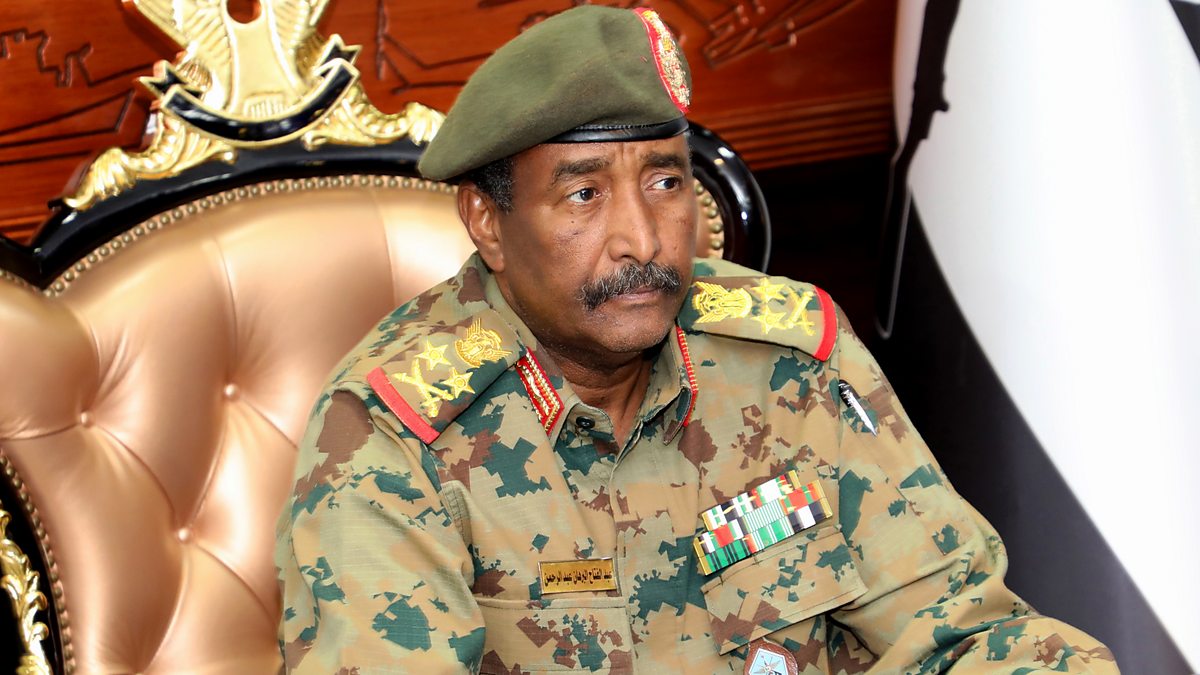
Sudan’s military-led government has revised the country’s transitional constitution, consolidating General Abdel Fattah al-Burhan’s grip on power by erasing references to civilian leadership and the rival Rapid Support Forces (RSF), according to two sources familiar with the changes.
The amendments, finalized late Wednesday, mark the most sweeping constitutional overhaul since the war between General al-Burhan’s Sudanese Armed Forces (SAF) and the RSF erupted in April 2023.
The move follows Burhan’s recent announcement that he is assembling a wartime cabinet, a step seen as further entrenching military rule.
Meanwhile, the RSF is holding separate talks in Nairobi, where it is expected to sign a political charter on Friday aimed at forming a civilian administration, dubbed the “Government of Peace and Unity.” In response, Sudan’s pro-army government recalled its ambassador from Kenya on Thursday in protest.
The conflict has devastated Sudan, triggering a humanitarian crisis and drawing in regional powers. While the RSF initially seized large swaths of territory, the SAF has regained ground in Khartoum and central Sudan in recent months.
Operating from Port Sudan, the SAF and its allied government continue to assert control over state institutions.
A Constitution Rewritten for Military Rule
Originally signed in 2019 by the SAF, the RSF, and the civilian Forces of Freedom and Change (FFC) coalition following the ouster of longtime dictator Omar al-Bashir, Sudan’s constitutional framework was meant to steer the country toward democratic elections. Former rebel groups were also integrated into the government under the agreement.
But the outbreak of war in 2023 shattered that arrangement. The new amendments formally erase all references to the RSF and the FFC while eliminating civilian representation in the ruling Sovereign Council, sources said.
Under the revised structure, the Sovereign Council will consist of nine members: six senior military officers appointed by the SAF and three former rebel leaders. Burhan, as council head, will have sole authority to appoint and dismiss a civilian prime minister.
Rebel groups aligned with the SAF will retain their cabinet positions, reinforcing their role in the SAF’s war effort.
